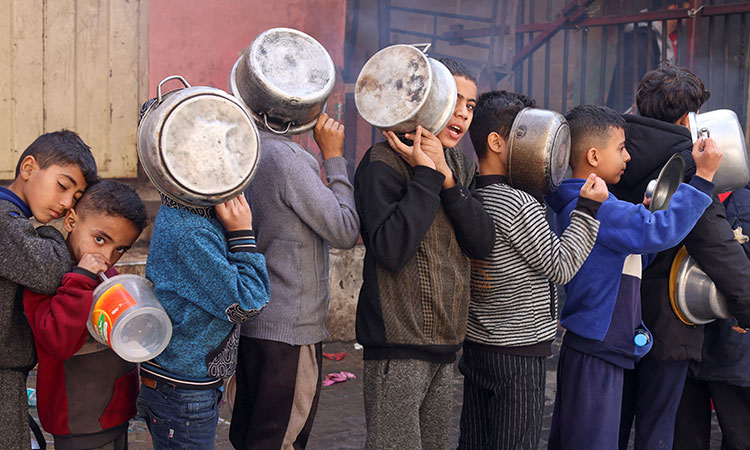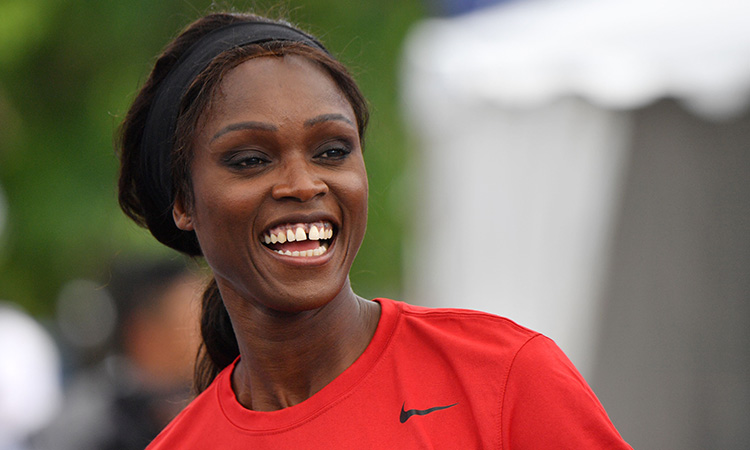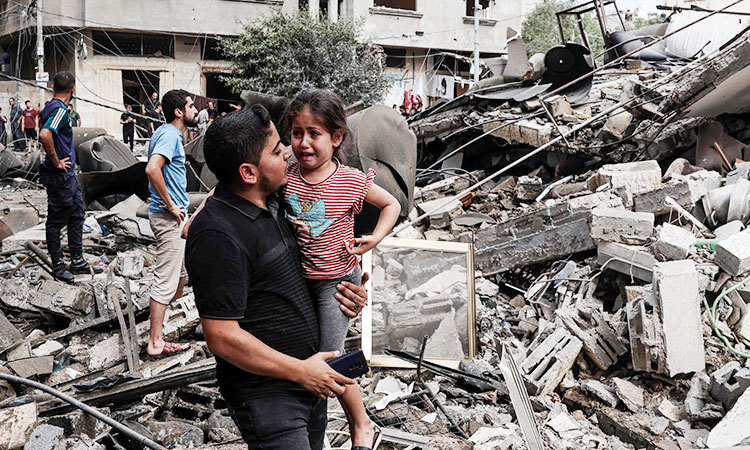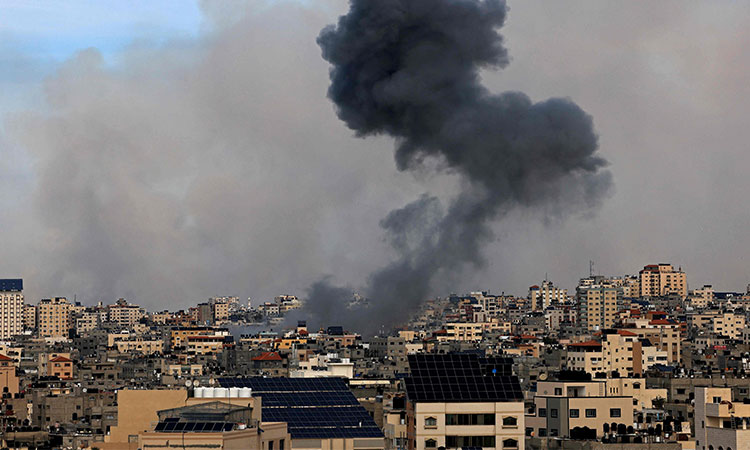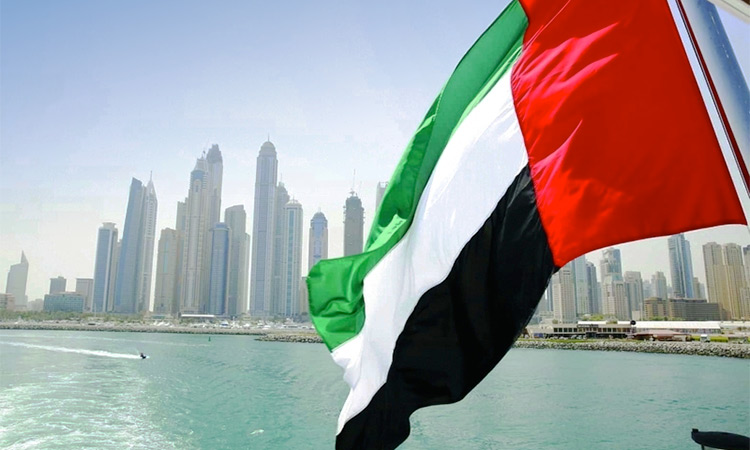Time has come for ‘profound reform’ of institutions
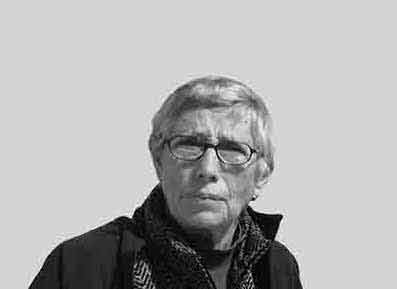
Michael Jansen
The author, a well-respected observer of Middle East affairs, has three books on the Arab-Israeli conflict.

People take part in a protest in support of Palestinians and to demand an immediate ceasefire in the Gaza strip, on Saturday in front of Sforzesco Castle in Milan. AFP
Michael Jansen, Political Correspondent
The Arabs were largely indifferent to or detached from the distant Ukraine-Russia war which has preoccupied the US and the West for two years. During their September 2023 meeting in New Delhi the G-20 countries — which play a key role in steering the global economy — gave priority to the Ukraine war. While avoiding condemnation of Russia, they urged respect for the sovereignty of all states and welcomed initiatives which would end the war. At last week’s G20 foreign ministers meeting in Rio de Janeiro, Brazilian Foreign Minister Mauro Vieira called for “profound reform” of global institutions which have failed to deal with “current challenges,” notably the UN Security Council’s “unacceptable paralysis [during] ongoing conflicts. This state of inaction results in the loss of innocent lives.”
While Western ministers focused on the Ukraine war, Saudi Foreign Minister Prince Faisal Bin Sarhan said the G20 countries must condemn atrocities committed in Gaza and take decisive action to end the catastrophe, which poses urgent threats to regional peace and prosperity and global economic stability. He was backed up by Turkish Foreign Minister Hakan Fidan who called for an urgent cease-fire in Israel’s war on Gaza. The “savagery” must stop and steps must be taken to get more humanitarian aid into Gaza, he stated. He also praised Brazilian President Luiz Inacio Lula da Silva for taking a strong, controversial stand on Israel’s actions in Gaza.
At the conclusion of the meeting — which prepared for the November summit — Vieira declared, “There was virtual unanimity in the two-state solution as the only solution to the conflict” between Palestinians and Israelis without putting forward suggestions on how this could be achieved while Israel vehemently rejects the emergence of a Palestinian state.
While the US and Europe funnelled money and weapons into Ukraine and the US — with Europe’s support — provided Israel with the funds and arms to attack Gaza, the Arabs complained of “double standards” and sided to a certain extent with Russia. Russia has been condemned and heavily sanctioned for invading Ukraine while Israel’s invasion of Gaza is regarded by the West as legitimate self-defence. Ukrainians defending their country are heroes while Palestinians resisting Israel’s 75-year occupation are falsely condemned as “terrorists.”
Russia regards its war in Ukraine as self-defence, waged to prevent NATO weapons and troops from being installed in Russia’s back yard. Moscow warned in 1991 that it would not tolerate Ukraine joining NATO and was assured by US policymakers that NATO would not expand eastwards into countries which had been a part of the dissolved Soviet bloc.
The West ignored this assurance and NATO opened membership to one former Soviet bloc country after another. This protracted march of NATO eastwards undermined efforts to coexist peacefully and profitably once undertaken by the West and Russia.
The West has exploited Ukraine because Kyiv has tried to distance itself from Moscow after the collapse of the Soviet bloc. The Western aim of the game, of course, has been to surround and weaken Russia. Since Russia unwisely invaded Ukraine two years ago, the US and NATO have adopted Ukraine as their proxy and provided Ukraine with the means to fight Russia. The accusation of “double standards” between Ukraine and Gaza does not apply. The West simply has no set of standards which apply to the Palestinians and the Palestinian cause. Consequently, Israel has always been free to deal with Palestinians as it sees fit. Gaza has been a favourite target. One commentator argued the West’ is “Eyeless in Gaza:” blind and a slave to Israel.
Let’s look at how ongoing cases of Russia’s invasion of Ukraine and Israel’s onslaught on Gaza are being handled by the two global legal bodies, the International Criminal Court (ICC) and the International Court of Justice (ICJ). All 193 UN member states are automatic parties of the ICJ while those which are not full UN members, like Palestine, can join the ICJ if they accede to the ICC statute.
Russia ceased being a party to the ICC in 2016 and rejects its jurisdiction. Ukraine is not a party but has accepted jurisdiction of the court since 2014. Palestine became a “state party” of the ICC on April 1st, 2015, and has submitted a case for judication. Israel signed but did not ratify submission to the ICC.
Although Russia did not carpet bomb Ukrainians and adopt a scorched earth policy in Ukraine like that carried out by Israel in Gaza, Western dominated international bodies responded with sanctions. On February 26th, 2022, two days after the Russian invasion, Ukraine lodged a complaint against Russia at the International Court of Justice (ICJ). On March 16th, 2022, the ICJ listed among its provisional measures that “the Russian Federation shall immediately suspend the military operations it began on February 24, 2022, in the territory of Ukraine.” Russia did not accept the order and submitted a written objection.
On March 17th, 2023, the International Criminal Court (ICC) issued a global arrest warrant for Russian President Vladimir Putin who was accused of illegally transferring. Ukrainian children from battle grounds to Russia. In 2004, the ICJ ruled that Israel’s West Bank wall was illegal and ordered it to be dismantled. Israel ignored the judgement, and no Western pressure was exerted to compel Israel to abide by the decision.
In 2015, Palestine submitted a case to the International Criminal Court (ICC) regarding alleged crimes committed during Israel’s 2014 attack on Gaza. The ICC did not accept the case until 2021 and no action has been taken against any Israeli. ICC prosecutor Karim Khan, a Briton, has added petitions to deal with Israel’s ongoing war on Gaza but has not issued international arrest warrants for Israeli Prime Minister Binyamin Netanyahu and his colleagues.
Last week the ICJ began hearing evidence in a 2022 request for an advisory opinion by the General Assembly to consider “the legal consequences arising from the ongoing violation by Israel of the right of the Palestinian people to self-determination, from its prolonged occupation, settlement and annexation of the Palestinian territory occupied since 1967.” On January 26th this year, in response to a submission by South Africa, the ICJ did not follow the precedent set by the Ukraine case. Instead, the ICJ declared it is “plausible” that Israel has violated the Genocide Convention during its war on Gaza and issued a provisional order to Israel to ensure “with immediate effect” that its forces do not commit acts banned by the convention. The Court will discuss Israel’s noncompliance today.
